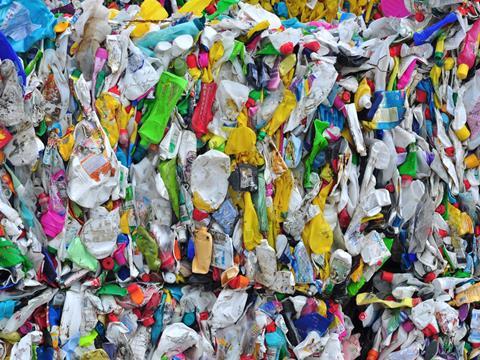
EuPC, a body representing European plastic converters, has criticised the EU’s plans to levy a plastic tax to help fund its coronavirus recovery package.
With its latest agreement on the new Multiannual Financial Framework (MFF) and coronavirus recovery fund, the European Council has approved the implementation of a plastic tax as of January 1st, 2021. The plan proposes a €0.80 per kg levy on non-recycled plastic packaging waste, to be paid by member states into the EU budget.
The tax, which has been presented by the European Commission as a “contribution to the EU budget designed to incentivise member states to increase recycling from plastic waste”, has led the European plastics industry to warn that it might have the opposite effect.
It is the view of EuPC that further fiscal measures are not the most efficient tool to drive the innovation and investment that is needed to meet the intended policy objectives of the Green Deal.
“As the revenues of the EU plastic tax are not earmarked to be invested into the waste and recycling infrastructure, it will not increase the recycling of plastic waste in Europe,” argues EuPC managing director Alexandre Dangis.
“Instead, it will further increase the cost of plastic recycling and encourage shifts to other packaging materials with bigger environmental impacts. To truly increase recycling rates across Europe and protect the environment, taxation of the landfilling of plastic packaging waste would be more efficient.”
According to EuPC, improving the recycling of plastic packaging requires considerable investment by the entire plastics value chain in innovation, new machinery, and the ecological design of plastic packaging. With expected revenues of around €6-8 billion per year flowing into the general budget of the EU, the organisation points out that this money would no longer be available in terms of investment in the transition towards a circular economy.













